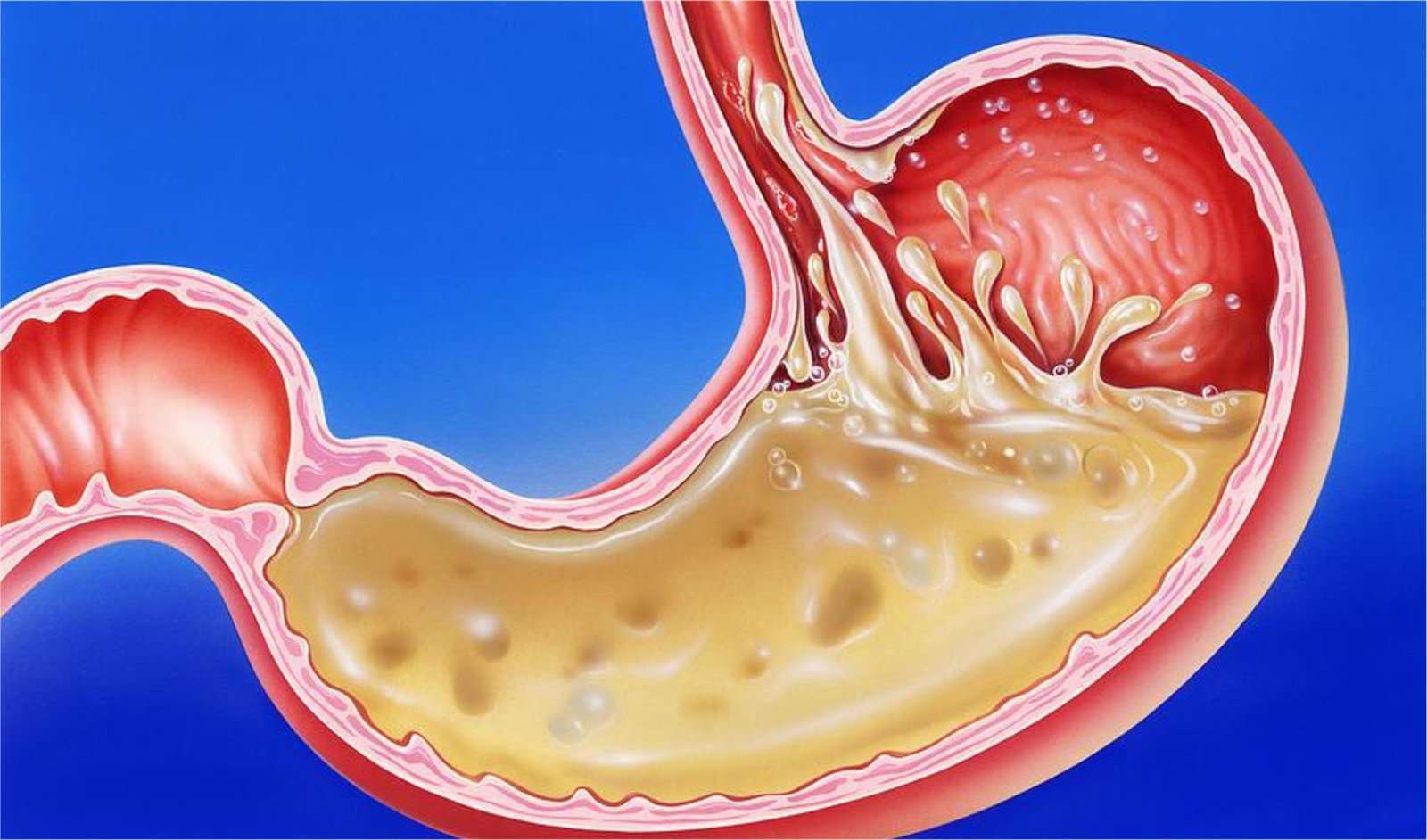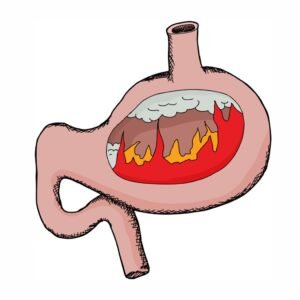What is The Role of Acid in Our Stomach – Balancing Act

What is The Role of Acid in Our Stomach is a question that often goes unasked, yet it holds the key to understanding the intricate workings of our digestive system. Our stomachs are incredible organs with a delicate balancing act between various components, and one of the key players in this internal drama is stomach acid. This article will delve deep into the role of acid in our stomachs, shedding light on its functions, importance, and the consequences of an imbalance.
The Basics of Stomach Acid
Stomach acid, also known as gastric acid, is a digestive fluid produced by the gastric glands in the stomach lining. It is primarily composed of hydrochloric acid (HCl) and various enzymes. The main purpose of stomach acid is to aid in the digestion of food.
The Digestive Powerhouse
Stomach acid plays a crucial role in breaking down the food we consume. It does this by:
- Activating Digestive Enzymes: Stomach acid activates pepsin, an enzyme that helps break down proteins into smaller, more easily digestible molecules.
- Killing Harmful Microorganisms: The highly acidic environment of the stomach serves as a defense mechanism, killing many harmful bacteria and pathogens that might enter our digestive system.
- Facilitating Nutrient Absorption: Acid helps to release essential nutrients from food, allowing our bodies to absorb them effectively.
Read This – Can Constipation Cause Fever?
Maintaining the Balance
While stomach acid is essential for digestion, maintaining the right balance is crucial. Too much or too little acid can lead to various health issues.
Acid Overproduction
- Heartburn and Acid Reflux: Excessive acid can flow back into the esophagus, causing discomfort and heartburn.
- Ulcers: Prolonged high acidity levels can lead to the formation of stomach ulcers.
Acid Underproduction
- Impaired Digestion: Insufficient acid can hinder the digestive process, leading to indigestion, bloating, and nutrient deficiencies.

Factors Influencing Acid Levels
Several factors can impact the production of stomach acid:
Diet
- Spicy and Fatty Foods: These can trigger excessive acid production.
- Alcohol and Caffeine: Overconsumption can lead to increased acidity.
Stress
- Fight or Flight Response: Stress hormones can reduce stomach acid production, affecting digestion.
Medications
- Antacids: Overuse can lead to low acid levels and dependency.
Maintaining Stomach Acid Balance
To ensure a healthy balance of stomach acid, consider the following:
Dietary Modifications
- Balanced Diet: Eat a diet high in lean proteins, fruits, and vegetables.
- Limit Trigger Foods: Reduce intake of spicy and fatty foods.

Stress Management
- Stress Reduction Techniques: Practice relaxation methods to mitigate stress’s impact on acid production.
Medication Caution
- Consult a Doctor: Before using antacids or other acid-altering medications, seek medical advice.
Conclusion
Stomach acid is a vital component in our digestive system, playing a significant role in breaking down food and protecting against harmful pathogens. However, maintaining the right balance is essential to prevent digestive discomfort and health issues. By making dietary adjustments, managing stress, and using medications responsibly, we can support the delicate balancing act of stomach acid in our bodies.
FAQs
Can I use antacids regularly to manage stomach acidity?
It’s best to consult a healthcare professional before relying on antacids long-term. They can provide personalized guidance.
What are some natural ways to reduce stomach acid?
Eating a balanced diet, practicing stress-reduction techniques, and staying hydrated can help regulate stomach acidity naturally.
Is low stomach acid common, and what are its symptoms?
Low stomach acid is not uncommon and can lead to symptoms like indigestion, bloating, and nutrient deficiencies.
Can stress alone cause stomach acid imbalances?
While stress can contribute to imbalances, it usually works in conjunction with other factors, such as diet and medications.
Are there foods that can naturally increase stomach acid production?
Certain foods, like ginger and fermented vegetables, may help promote healthy stomach acid levels when consumed in moderation.









